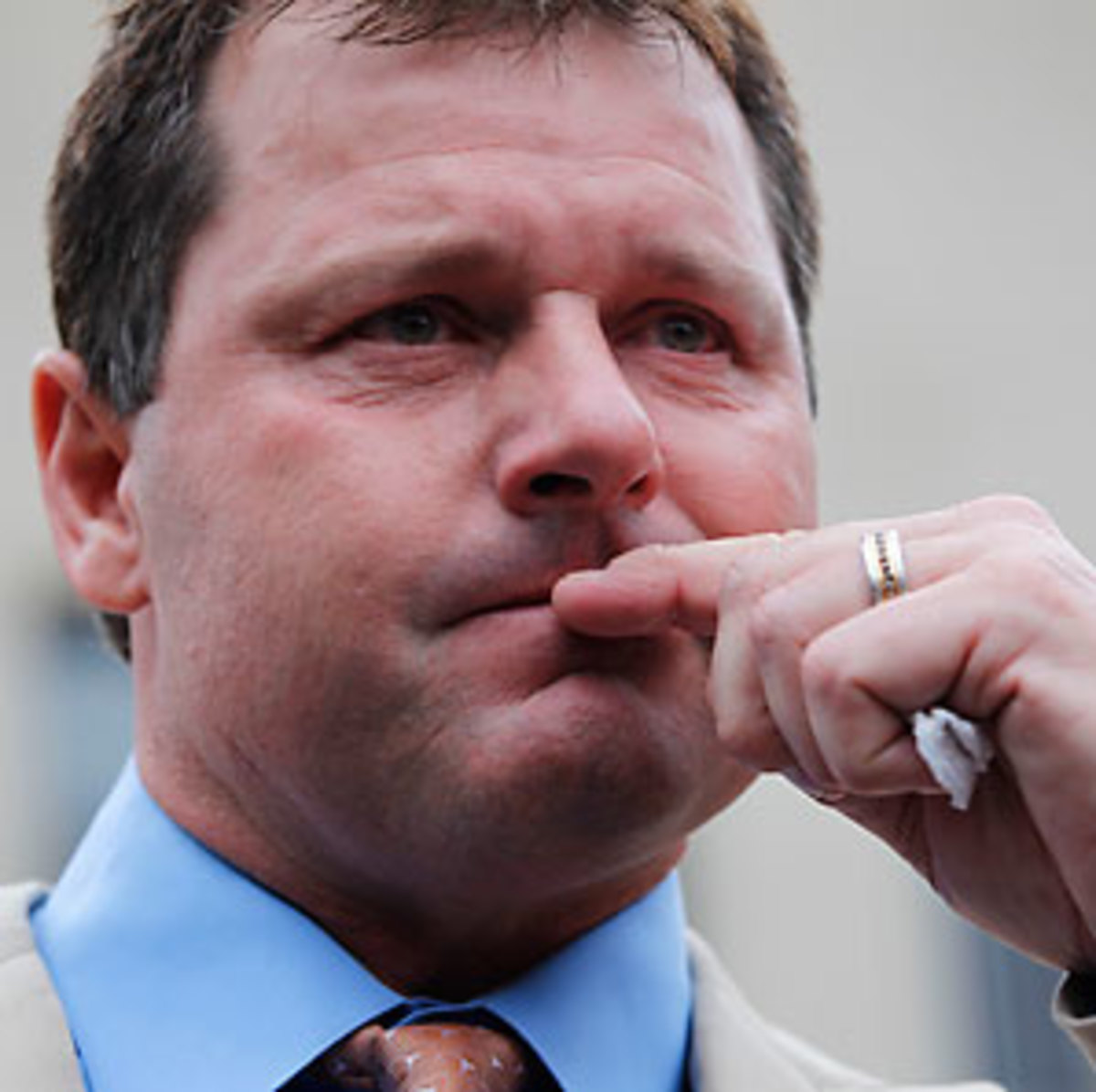Not guilty verdict all anyone will remember about Clemens case
Of what?
He is not guilty.
Why?
He is not guilty.
Wasn't there evidence that ...
Not guilty, not guilty, not guilty.
In time, this is all that people will remember. Clemens won his perjury trial, and this is his prize: He can tell people that a jury declared he was not guilty. Forever.
Sure, people who paid attention will point out that the verdict only covers perjury, not steroid use. But Clemens can just smile and say they misremember.
The immediate aftermath of the Clemens case is predictable: A lot of analysts will say that there is still plenty of evidence he juiced, and that perjury cases are tough and that former trainer Brian McNamee probably had good reasons to accuse Clemens. I get all of that. I believed McNamee when he made his allegations and I believe him now.
But over time, details fade. Verdicts linger. Look at all the athletes who have been accused of steroid use and immediately clammed up. Mark McGwire said nothing for years. Sammy Sosa has barely denied using. Jason Giambi and Alex Rodriguez admitted they did it. So often, we have screamed, "If you're guilty, why not fight it?" And when athletes don't fight, we interpret their silence as an admission of guilt.
Well, Roger Clemens fought back immediately and forcefully, and he won his court case.
Clemens looked like he gambled when he challenged former trainer Brian McNamee's allegation that he used anabolic steroids and human growth hormone. Clemens stuck with his story all the way in front of Congress. In a legal sense, it was a risk -- Clemens could have gone to jail. But for an athlete like Clemens, who put up Hall of Fame numbers and will forever be defined by how he achieved them, public opinion matters as much as a legal verdict.
Before he fought back, many people assumed Clemens was guilty, because that's how these drug-cheat cases work. We hear a credible allegation and reach a conclusion. Clemens couldn't even argue that he passed all his drug tests, because there was no testing during the years covered in McNamee's accusations.
This may have been inadvertent, but it was effective: Clemens ended up with a much easier game to win. Perjury allegations are notoriously difficult to prove. The government had to prove that Clemens took the drugs, that he gave false information about events that occurred years ago and that he did so intentionally. And hanging over all of it was the question of whether this was all worth the government's time in the first place.
Of course, the government surely went after Clemens because he is Roger Clemens, famous pitcher. And the irony is rich: By trying to prove something about his image, the government helped resuscitate it.
Clemens has always been a fighter with complete faith in himself. In some ways, this defined him more than his fastball or even his record. When he began his career with the Red Sox, he believed he would be a star. When he faded at the end of his Red Sox career, he still believed he would be a star. When he kept coming back, he always believed he could, and he believed that joining a team in the middle of the season or operating on his own schedule was OK, because he was doing it, and everything he does is OK.
So now what? What will Hall of Fame voters do when Clemens goes on the ballot later this year? As I have written before, I don't think journalists should vote on that. It's not our place. But journalists do vote on that, and they must reconcile their own suspicions about Clemens -- and the evidence they have seen -- with the very strong case for him. He had a Hall of Fame-quality career before any hint of drug use. He denied the allegations, and nobody could prove he was lying.
I'm sure some voters will try to keep Clemens out. There has never been a unanimously approved inductee anyway. Maybe he won't make it in his first year of eligibility. That will make him a sympathetic figure: He can argue that he has been unfairly vilified for something nobody can prove.
And I believe that, before long, Roger Clemens will be voted into the Hall of Fame. And when that happens, he can stand next to his plaque and say "See? I was not guilty."





